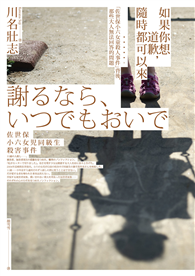This book sketches out an innovative Afro-Iberian mosaic that puts forgotten memories and histories into circulation, constructing an Afro-Iberian past that is critical of the cultural racialization of Spaniards and Portuguese. It builds an early late modern and contemporary Afro-Iberian history and approaches African and Maghrebi experiences and memories in order to explain the close relation between race, class, ethnicity and gender in Portugal and Spain between 1850 and 2021.
The book approaches the African presence in the Iberian Peninsula by identifying and documenting the traces of these population groups in Spain and Portugal. Cultural Studies, Anthropology and Sociology are some of the fields that weave together two stories in parallel that are little known: the similarities and differences in the social participation of Africans in Spain and Portugal; the degree of influence that the sociopolitical framework has had on Afro-Iberian coexistence and visibility; and the degree of historical depth that Iberian notions have about what is African. The volume promotes the study of unknown experiences of Africans in Europe that may allow future critical comparisons on the construction of what is Euro-African and Afro-European.
As a result, the contributions offer an excellent analysis of the similarities and differences between the narratives and practices of African otherness of two Western European countries marked by twilight overseas empires, favouring re-readings of common Iberian-African and Afro-Iberian historical recognition. This book was originally published as a special issue of Ethnic and Racial Studies.










